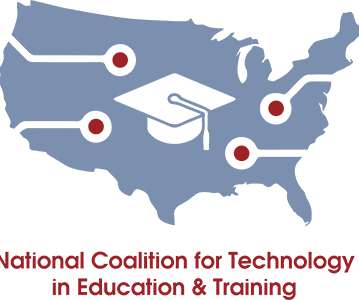U.S. K-12 Educational Technology Policy: Historical Notes on the Federal Role
Doug Levin
APRIL 21, 2016
For each of the three primary (equity-focused) federal educational technology programs authorized by Congress since the passage of the 1994 revision to the Elementary and Secondary Education Act (ESEA), below I provide details on the programs’: legislative authorization (i.e., FY 2006 $272,300,000 (President Bush’s request: $0).














Let's personalize your content